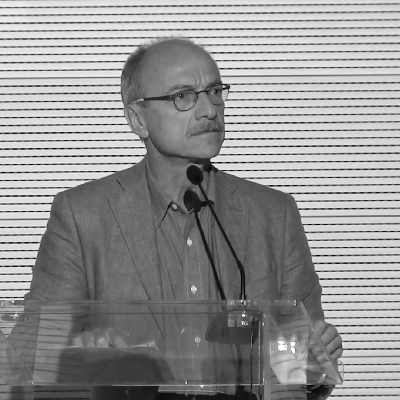The articles we publish in this issue of Renewable Matter on the problem of carrier bags help look at the link between environmental and social issues with a fresh pair of eyes.
The association between carrier bags and racial prejudices may seem far-fetched. But the technological frontiers of compostable plastic are very advanced and could lead us to think that the tools of environmental protection are a prerogative of the richer countries: ecology as a barrier between the North and South shores of the Mediterranean. But the efforts made by many African countries to get rid of the damage produced by an incorrect use of plastic show that the sustainability path is shared in very different contexts. Not necessarily is there a before and after, an industrial growth causing damage which is dealt with at a later stage. Human evolution, like the natural one, moves forward in leaps. Difficult contexts stimulate new ideas which, for example, can lead from backwardness to off-grid, bypassing traditional infrastructure.
In the case of plastic, the Rwanda lesson, as well as that of other African and Asian countries, told in this issue, offers food for thought. “In 2002, Bangladesh became the first country in the world to ban plastic carrier bags, which had clogged the sewage system and contributed to the formation of disastrous floodings. Other nations, including many African ones, did the same. According to the Earth Policy Institute in Washington D.C. (2013 data), 19 countries of the continent have partially or totally banned carrier bags, targeting thinner ones, more easily blown away by the wind,” Jonathan W. Rosen writes, explaining that motivations are real: in Mauritania, 70% of the sheep and cows’ deaths is due to ingestion of carrier bags. And Roberto Giovannini, in his report, talks about a reduction in the use of plastic in Kenya, Southafrica, Senegal, Botswana, Gambia, Guinea-Bissau, Mali, Gabon, Ethiopia, Malawi, Ivory Coast, Mauritania, Uganda and Cameroon.
In Southern Italy too, the fight for the environment and legality is harsh. It is the subject of Fortunato Ferrino’s spot, the actor interpreting the role of the mafia boss Pietro Savastano in the TV series Gomorra. He is the testimonial of the #UnSaccoGiusto campaign, promoted by Legambiente to fight the new ecomafia business: fake biodegradable carrier bags. Almost half of the carrier bags around is illegal. That means 40,000 tonnes of fake plastic, a loss for the legal supply chain of compostable carrier bags of €160 million, with 30 million in tax evasion. On top of that, there is the environmental damage: an increase of waste management cost amounting to €50 million. We are talking about an illegal supply chain stealing a turnover from the healthy economy, it also takes away resources from the inland revenue and damages the environment.
Again, an alternative is possible, as shown by the creation of Coop Ventuno in Castel Volturno in Terra dei Fuochi (“Land of Fire”). It is a cooperative committed to the production of biodegradable carrier bags and objects made with materials from separate waste collection. Massimo Noviello and Gennaro Del Prete are the co-founders, the sons of two protagonists of the fight against gangs: Federico del Prete was a trade unionists of peddlers killed because he had reported the racket of illegal carrier bags. Domenico Noviello was an entrespreneur killed for turning in some emissaries of the Casalesi clan. “Freeing the market from illegal carrier bags means opening it to producers of compostable bioplastics, with an increase of investments in the field that would guarantee new clean employment,” explain the founders of the cooperative. The two million views of the spot in three weeks, that reached an audience of over 6 million people, show that when there is collaboration across the board success is bound to be achieved.
#UnSaccoGiusto, www.youtube.com/watch?v=Y37vj28p53A
Cooperativa Ventuno, www.coopventuno.it


